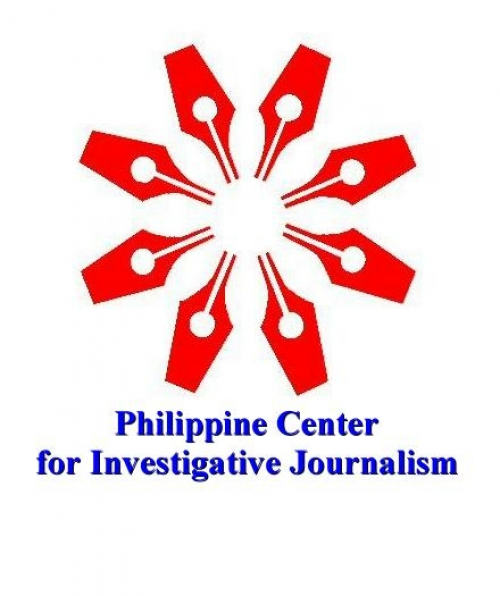
Showing 12of 119entries
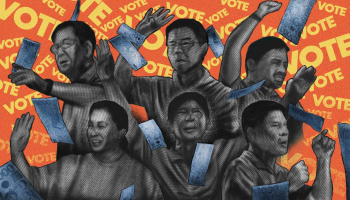
Number of Precincts involved in the Failure of Elections
- 01/08/2023, 14:43 - The dataset is a comparison of the number of precincts who declared failure of election throughout the election years from 20
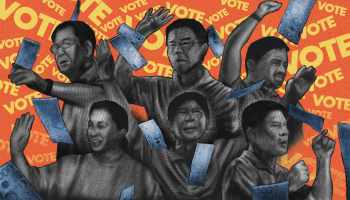
Number of Cities involved in the Failure of Elections
- 01/08/2023, 14:39 - The dataset is a comparison of the number of cities and municipalities who declared failure of elections from 2010 - 2022. Th
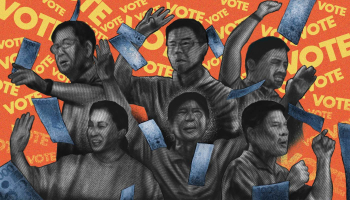
Number of Barangays involved in the Failure of Elections
- 01/08/2023, 14:36 - The dataset is a comparison of the number of barangays who declared failure of elections from 2010 - 2022. There is a noticea
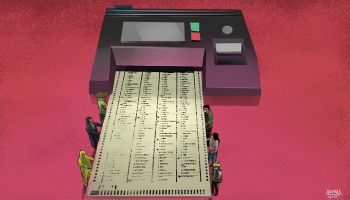
Number of Candidates and Positions, 2001-2022
- 01/08/2023, 14:29 - The dataset is a comparison of all the available seats up for grab and number of candidates who ran for these positions durin

Number of Barangays and Elective Positions, 2007-2018
- 01/08/2023, 13:38 - The dataset is a comparison of number of barangays in the Philippines, number of seats up for grabs and number of candidates

How OFWs voted for senators during the May 2022 Elections
- 01/08/2023, 11:31 - The dataset shows how Overseas Filipino Workers (OFW) voted for senators during the May 2022 National and Local Elections. A
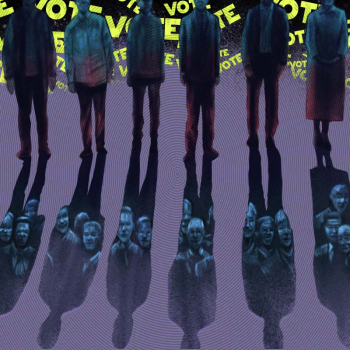
How OFWs voted for party-lists during the May 2022 Elections
- 01/08/2023, 11:24 - For the May 2022 National and Local Elections, a total of 70,831 Overseas Filipino Workers (OFW) registered to vote. However,
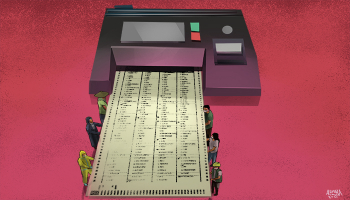
How BARMM voted for senators during the May 2022 Elections
- 01/08/2023, 11:05 - The dataset shows how the Bangsamoro Autonomous Region in Muslim Mindanao (BARMM) voted for senators during the May 2022 Nati
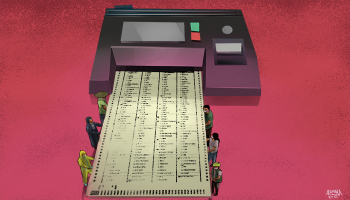
How BARMM voted for party-lists during the May 2022 Elections
- 01/08/2023, 10:57 - The dataset shows how the Bangsamoro Autonomous Region in Muslim Mindanao (BARMM) voted for party-lists during the May 2022 N

Summary of Overseas Registered Voters for May 2022 Elections
- 01/08/2023, 10:44 - For the May 2022 National and Local Elections, there are a total of 1,697,215 registered overseas Filipino workers (OFW). The
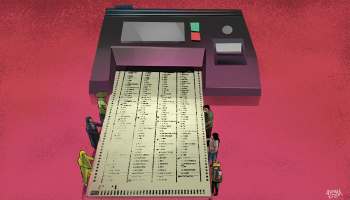
2022 Party-list Canvass Report
- 05/07/2023, 12:13 - Of the 67,525,619 registered voters, only 56,095,234 actually voted for the May 2022 Election. ACT-CIS had the most numbe
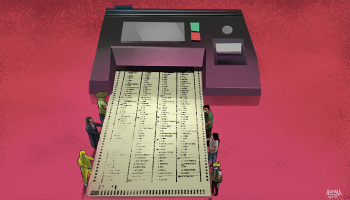
2022 Senatorial Canvass Report
- 05/07/2023, 11:59 - A total of 55,549,791 voted for the 2022 Senatorial Elections, out of the 66,839,976 registered voters. Robin Padilla go
Philippine Center for Investigative Journalism
The Philippine Center for Investigative Journalism (PCIJ) is an independent, nonprofit media agency that specializes in investigative reporting. It was founded in 1989 by nine Filipino journalists who realized, from their years in the beat and at the news desk, the need for newspapers and broadcast agencies to go beyond day–to–day reportage.
While the Philippine press is undoubtedly the liveliest and freest in Asia, deadline pressures, extreme competition, budgetary constraints, and safety issues make it difficult for many journalists to delve into the causes and broader meanings of news events.
The PCIJ believes that the media play a crucial role in scrutinizing and strengthening democratic institutions, defending and asserting press freedom, freedom of information, and freedom of expression. The media could—and should—be a catalyst for social debate and consensus that would redound to the promotion of public welfare. To do so, the media must provide citizens with the bases for arriving at informed opinions and decisions.
The PCIJ was set up to contribute to this end by promoting investigative reporting on current issues in Philippine society and on matters of large public interest. It does not intend to replace the work of individual newspapers or radio and television stations, but merely seeks to encourage the development of investigative journalism and to create a culture for it within the Philippine press.
The PCIJ funds investigative projects for both the print and broadcast media. It publishes books on current issues, produces video documentaries, and conducts seminar-workshops on journalism and public policy issues. The PCIJ also publishes www.pcij.org/blog, an institutional news and analysis blog; and Money Politics Online, a citizen’s resource, research, and analysis tool on elections, public funds, and governance in the Philippines.
In the 30 years since its founding, PCIJ has published over 1,000 investigative reports and over 1,000 other stories in major Philippine newspapers and magazines, produced five full–length documentaries and scores of documentaries for TV, and launched over two dozen books.
In addition, the PCIJ organizes training seminars, and offers the services of its journalism trainers, for news organizations in the Philippines and Southeast Asia.
From 1990 to 2012, the Center has conducted over 120 training seminars for journalists, journalism teachers, and students in the Philippines, Indonesia, Thailand, Burma, Cambodia, Vietnam, Japan, Papua New Guinea, and other countries in Southeast Asia, the Pacific Islands, and the South African subcontinent.
The PCIJ has won over 150 major awards, including nine National Book Awards, a Catholic Mass Media Award, and more than two dozen awards and citations from the Jaime V. Ongpin Awards for Investigative Journalism.
PCIJ stories make an impact. Well–researched and well–documented, these reports have contributed to a deeper understanding of raging issues, from politics to the environment, from health and business to women and the military.
Some of these reports have prodded government action on issues like corruption, public accountability and environmental protection. Still some other reports have triggered the transfer or resignation of senior public officials and justices, and formed part of the evidence in the impeachment, and eventual trial for plunder, of a Philippine president, Joseph Estrada.
